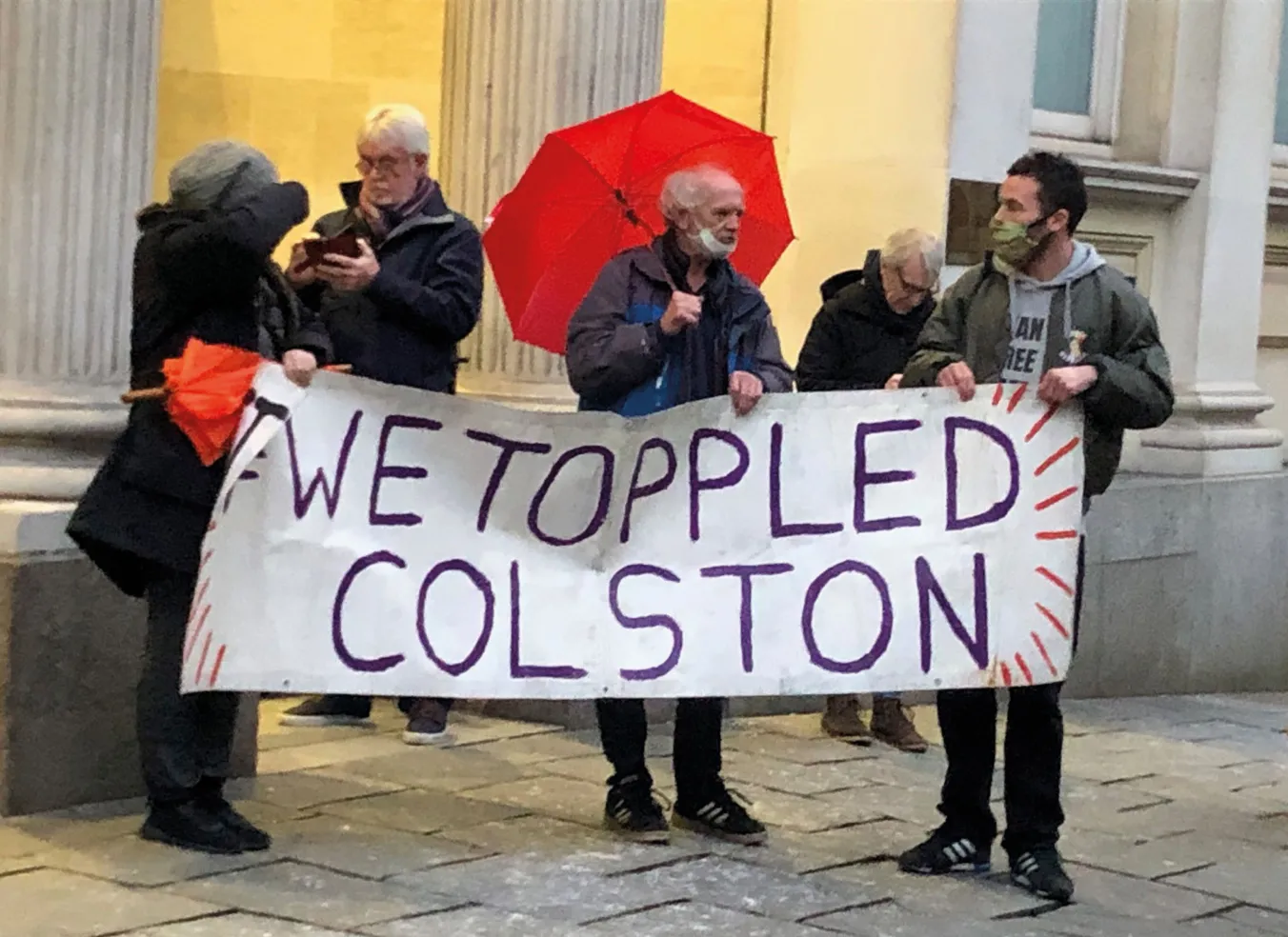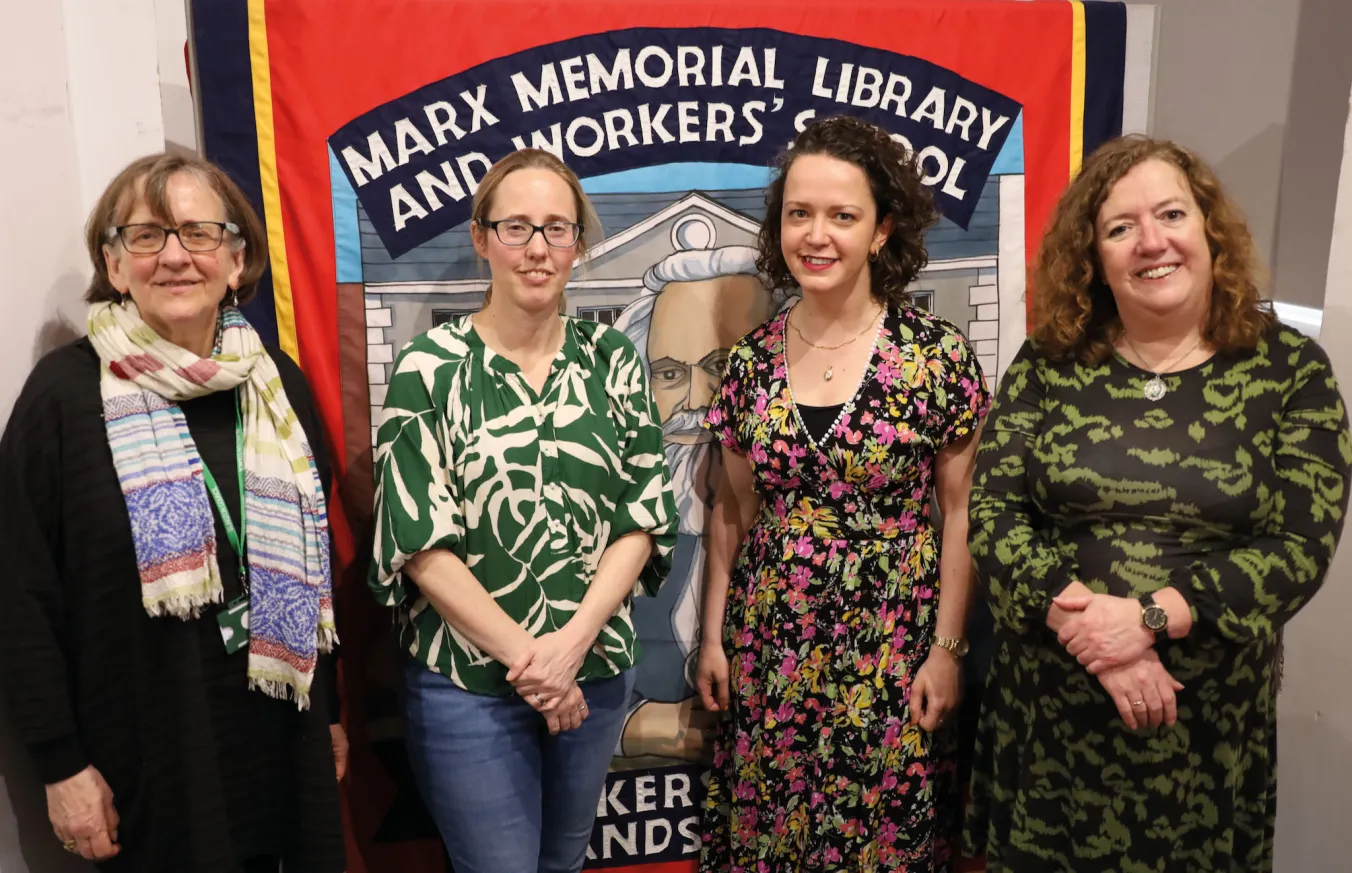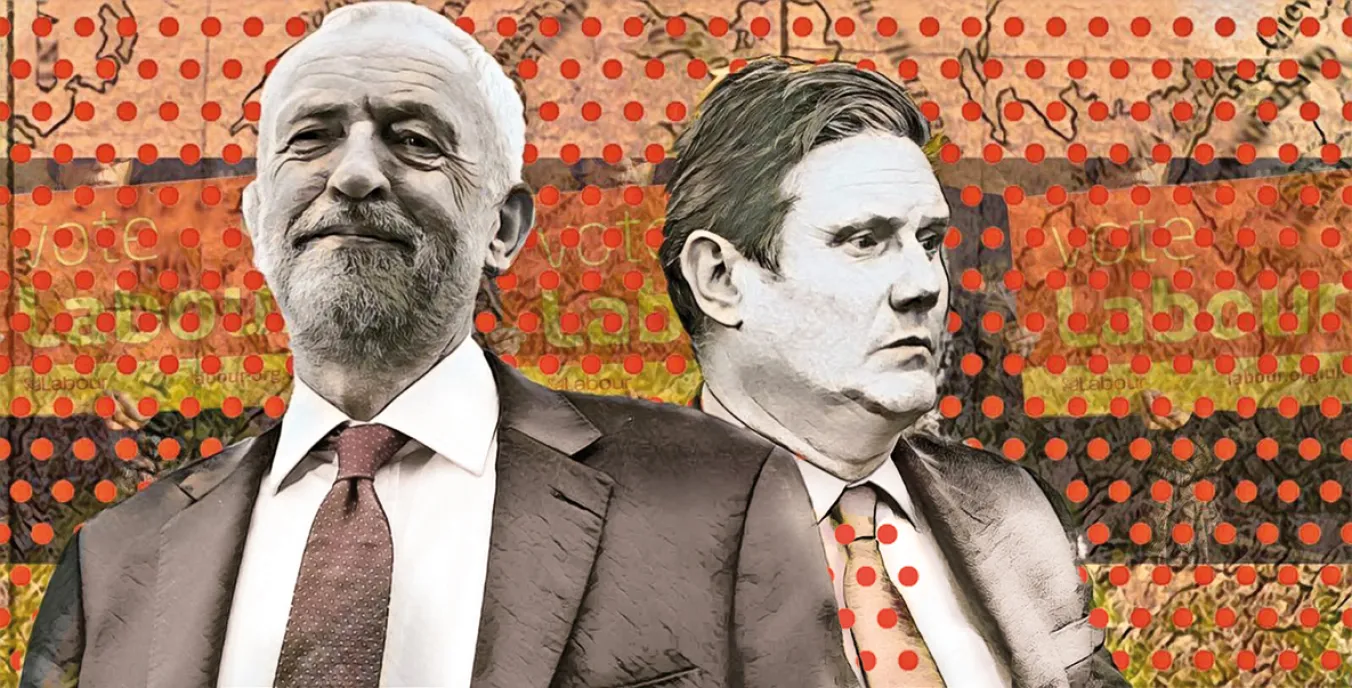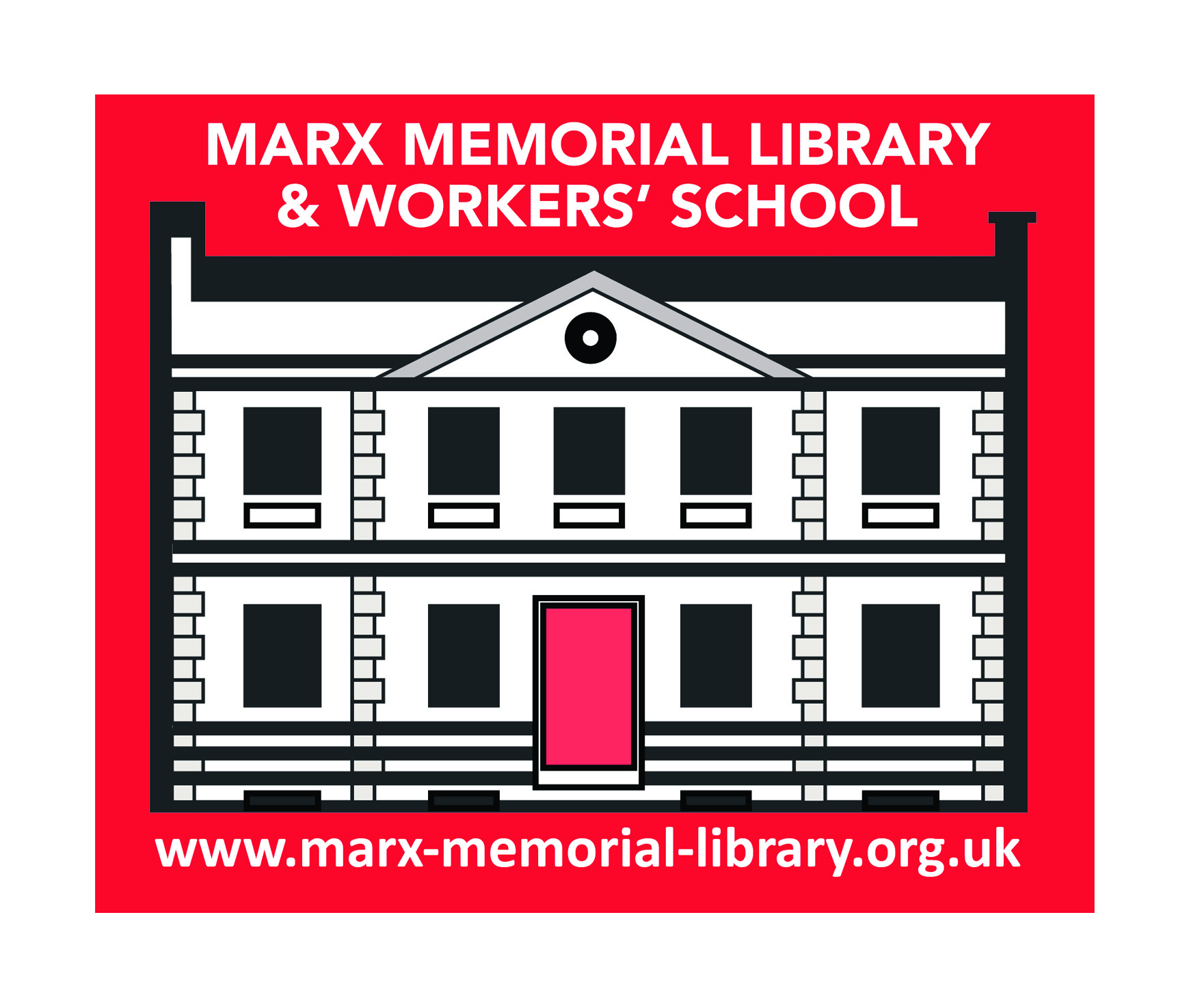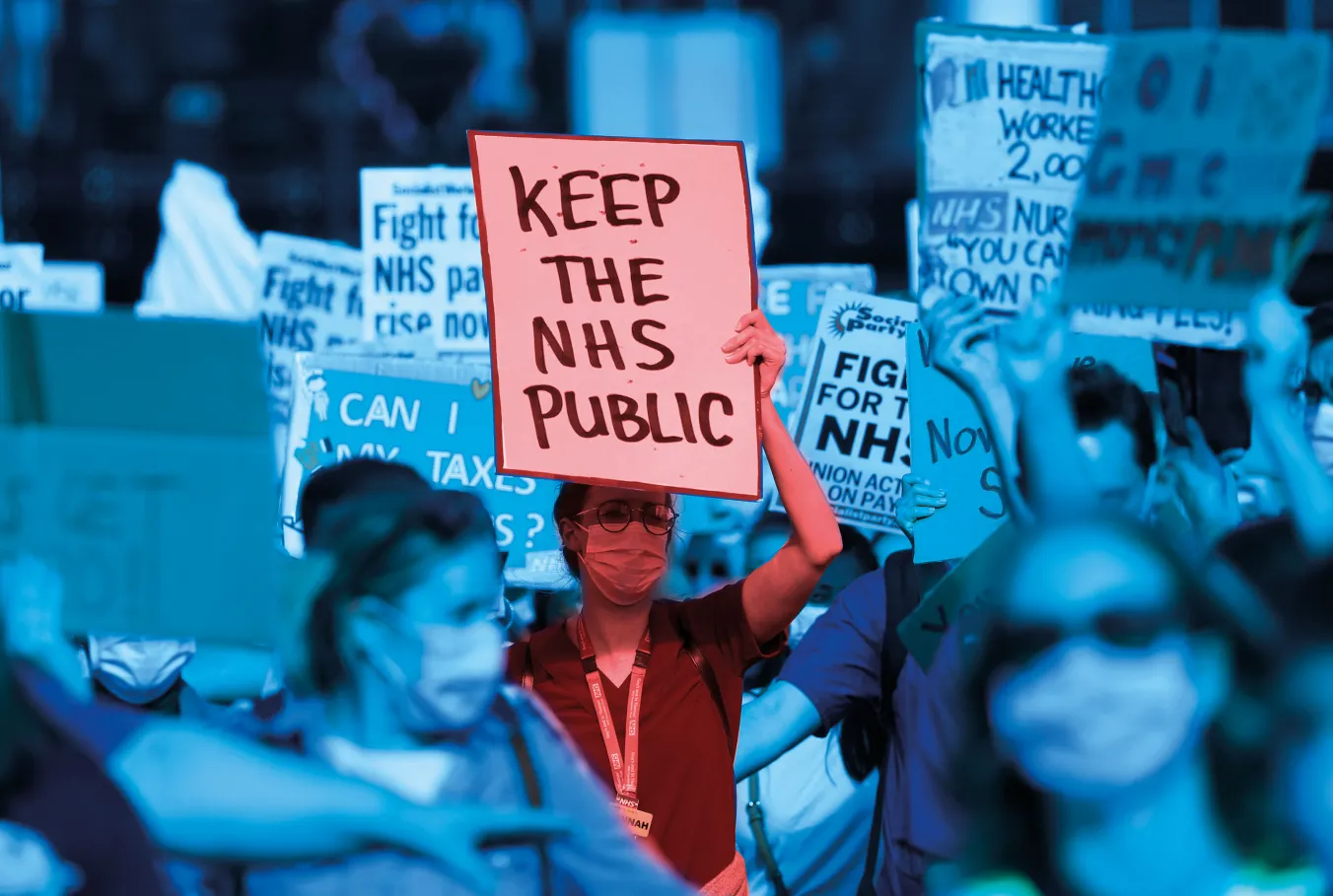
THE social wage is the benefit that you or your family receive — in cash or in kind — from the collective labour of all workers, paid for through taxation and secured through struggle. From Britain’s post-World War II “welfare state” (a term rarely used today) it has always been partial and increasingly under attack.
Britain’s NHS was a cobble even then, with community health largely provided through privately operated GP surgeries. Charges were rapidly introduced for prescriptions, dentistry and spectacles. Fully subsidised social care is today limited to those “without resource.”
Publicly funded childcare today is patchy, denominational primary schools (a hangover from the past) are the only option in some areas and selective secondary schools remain (today together with “academies”) removed from local authority control; post-16 education is increasingly instrumental and university fees saddle students with a lifetime of debt.
The basic state pension today is barely enough to survive on and, as Nick Wright points out in a recent article in this paper, has been deliberately undermined by successive governments.
Occupational pension schemes, which are now compulsory, tie employees to investment brokers and financial markets and a progressive extension of the retirement age (in due course to the age of 71) belies the promise of technology to provide a shorter working life (and week). Disability, unemployment and housing benefits are increasingly threatened.
Subsidised public transport lines the pockets of private operators. The range of other local authority services and facilities — from public libraries, parks and sports facilities to refuse collection and recycling — are continually eroded.
To the above one might add the functions of state regulatory bodies, such as the Food Standards Agency or the Environment Agency. Funding cuts to the latter have made it less able than ever to monitor the activities of polluters such as the privatised water companies.
All these are funded, ultimately, by the value created by labour — via income taxes, VAT on the goods you buy, local rates and (yes, even) taxes on profits.
From a Marxist perspective, the vehicles for that funding are in some respects immaterial. As Marx argued in Capital, in the absence of struggle, wages always tend towards the socially necessary minimum to support the “production and reproduction of labour” — to enable workers to keep on working and, through supporting their families, to make sure that the next generation of workers will be there to keep the wheels of capital accumulation turning.
That applies as much to the collective benefits of the social wage as it does to the “take-home wage” of individuals. Both should be considered together but their defence poses different challenges. Both are charges on what would otherwise be expropriated by the owners of capital as additional “surplus value” and realised as profit.
But the social wage is more difficult to protect through industrial action and — particularly at a local level — cuts in funding mean that local authorities are forced to prioritise, with their statutory obligations taking precedence, resulting in inevitable competition between different interests to protect the provision that remains.
The social wage is particularly important for women who (for obvious reasons) have been particularly badly affected by austerity and the cuts, and it is a central element in any “civilised” society.
Importantly the social wage is not (only) a socialist or a Marxist concept. The right is constantly referring to it — not always under that label — to contest or dilute wage claims (“If we have to fork out for higher wages, there’ll be less money available for public services”) and to drive a wedge between groups of workers (“your taxes go to support the work-shy, asylum-seekers, immigrants, etc.”)
At the same time, the right tries to include “defence” expenditure alongside education, health and welfare expenditure as if it somehow benefits everyone, not just the arms manufacturers and the international capitalist interests that they serve.
Shamefully, Labour has joined forces with the Tories in arguing that “people shouldn’t complain too much if their real take-home wages are falling a little: the priority must be ‘growth’ in order to keep the economy afloat, without which all your benefits would disappear.”
The reality is, of course, that the social wage is continually under attack, and more difficult to defend than take-home wages because strikes or other industrial action (to put pressure on individual employers or sectors) have little effect.
While workers in well-unionised occupations may be able to resist the erosion of the value of their own take-home wages, the attack on the social wage is conducted by proxy through your local council and industrial action has little effect. That’s especially the case since the late 1970s because of the weakened position of labour in relation to capital.
This applies to publicly funded provision both at the national and local level; the latter in particular because while overall public spending (“total managed expenditure’) has increased by some 5 per cent in the decade to 2020, local authorities have lost between 60 to 70 per cent of their core central government grant in real terms.
The attack can take many forms. For example, the (March 2024) £2.5 billion government “bailout” of 19 otherwise bankrupt English councils from Birmingham (£1.25bn) to Somerset (£77 million) takes the form of “capitalisation directions” — “loans” with a sting: councils will need to pay these back by using capital funds, often generated by selling their capital assets. At a stroke, the government is relieved of an outcry over the loss of critical local services, and secures the further privatisation of less visible services previously based on socially owned property.
The social wage in its present form hardly existed in Marx’s day. The forerunners of the provision we have today — “ragged schools,” “public” libraries, “almshouses” were to a significant degree funded by “charity,” a combination of self-interest and “the conscience of the rich.” Either way, only a fraction of the surplus value was returned to the workers and their families from whom it had been extracted.
The house on London’s Clerkenwell Green which is today the Marx Memorial Library started life in 1738 as a charity school for local Welsh artisans living in poverty. “Poor relief” in Marx’s time (from 1834, the workhouse system) was funded from local “poor rates” — absorbed into “general rate” local taxation in the 1920s, the forerunner of today’s council tax.
Healthcare prior to the NHS typically required payment — although free treatment was sometimes available from charitable voluntary hospitals and some local authorities operated hospitals for local ratepayers.



